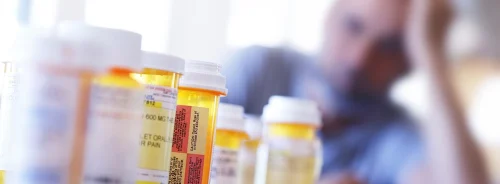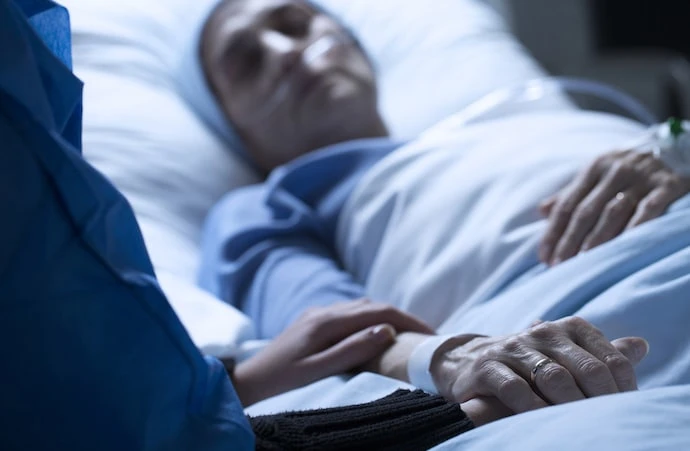Recently published research by the University of Colorado Anschutz Medical Campus examines the prevalence and impact of physicians’ ethical or religious barriers to involvement in medical aid in dying (MAiD). MAiD is a multi-step process where a physician provides a terminally ill adult with decision-making capacity a lethal dose of medication to end their life. The research is published in the Journal of General Internal Medicine.
The study reveals that 26% of physician survey respondents reported significant ethical and/or religious barriers to participating in MAiD.
Despite these barriers, the research suggests that these conscience-based barriers do not affect these physicians’ willingness to discuss MAiD with their patients. However, they are significantly less likely to participate directly in MAiD, such as serving as a consulting or attending physician, compared to physicians without these barriers.
Medical aid in dying was legalised in 2016 in Colorado. There is a long-standing debate around MAiD — the legality, the ethical appropriateness, the morality — and people have extremely strong opinions about it. Physician experiences providing care for patients seeking MAiD were under-studied. As legislators and health leaders nationwide continue to debate MAiD policies, research like this is crucial for informed decision-making. This research offers the first look into what is happening in a previously hidden and difficult-to-study population.
One reason for the lack of data is the extensive protection of physician and patient privacy. Most existing data comes from qualitative studies or surveys of the general physician population.
To gather data on this issue, researchers used anonymised, aggregate information on the 554 patients who received a MAiD prescription in Colorado from 2017 to 2020. They identified the clinical conditions most prominent in this patient population and surveyed physicians in Colorado who were likely to provide care to patients qualifying for MAiD. Three hundred physicians responded.
Of the 300 survey respondents, 26% of physicians likely to care for MAiD-eligible patients in Colorado reported significant ethical and/or religious barriers to participating in MAiD activities. The survey also shows that physicians with more extended practice and those identifying as non-white were more likely to report these conscience-based barriers.
Physicians with these barriers were still willing to participate in some aspects of the MAiD process, such as discussing MAiD or referring patients to other providers. However, significant differences emerged regarding direct participation in MAiD. Only 5% of physicians with conscience-based barriers had served as a MAiD consultant, compared to 31% of physicians without such barriers. None of the physicians with conscience-based barriers had served as a MAiD attending physician, compared to 21% of those without these barriers.
Study researchers believe there is a need to accommodate physicians who do not wish to participate in MAiD and for the continued protection of physician rights to conscientiously object to or not participate in a service conflicting with their deeply held beliefs.
There is also a need to understand what support systems and processes should be in place to support physicians with ethical or religious barriers. For instance, a formal referral process could be created so physicians with these barriers can be involved in the early stages of MAiD but refer patients to a team for more active roles. There should be protections and processes to support these physicians while ensuring patients can get the desired care.
Source: University of Colorado Anschutz Medical Campus
Image Credit: iStock






